Home
Bentley Seed Co. Blog
Why Are Bees Disappearing? Understanding the Bee Crisis and How You Can Help
Why Are Bees Disappearing? Understanding the Bee Crisis and How You Can Help
Why Are Bees Disappearing? Understanding the Bee Crisis and How You Can Help
The Danger of Neonicotinoids and Their Link to Bee Decline
Since the 1990s, U.S. farmers have widely used neonicotinoids, a class of nicotine-derived systemic pesticides. These chemicals are applied directly to seeds of fruits and vegetables, remaining within the plants as they grow. When these plants bloom, bees ingest residual pesticide through nectar, raising alarm among environmental experts.
Numerous studies have connected neonicotinoids to Colony Collapse Disorder (CCD) in honey bees. However, what’s even more concerning is the rapid decline of native bee species. Over 700 native bee species have experienced significant population drops, and nearly half are now at risk of extinction.
Why Bees Matter: The Importance of Pollinators in Agriculture
Bees are not just garden companions — they are essential to our food supply. In the U.S., there are more than 4,000 native bee species, responsible for pollinating 80% of all flowering plants. Bees pollinate one-third of the food we eat, including crops like:
- Tomatoes
- Eggplants
- Pumpkins
- Watermelons
- Blueberries
- Cranberries
These crops often rely on native bees for pollination, as they are more effective than domesticated honey bees and are sometimes the only pollinators capable of handling certain plants.
Native Bees: The Unsung Heroes of Pollination
While domesticated honey bees are important, native bees are super pollinators. For example, bumble bees can pollinate crops that honey bees cannot, such as tomatoes. Native bees often produce more fruit, more efficiently. Yet, their solitary nature and specific habitat needs make them more vulnerable.
Causes of Native Bee Decline
Bee population decline is multi-dimensional, with primary causes including:
1. Pesticide Exposure
Systemic pesticides like neonicotinoids are directly linked to bee toxicity and disorientation.
2. Habitat Loss
Urban development and monoculture farming have reduced wild nesting grounds such as:
- Wildflower fields
- Brushy, untamed spaces
- Hollow stems and ground nesting sites
3. Lack of Year-Round Nutrition
Modern farming practices reduce flower diversity. Bees need access to early, mid, and late-season blooms to survive, especially native bees who do not store nectar like honey bees do.
What Can Gardeners Do to Help Bees?
As a home gardener, your actions matter. Here’s how to support pollinators:
Plant Bee-Friendly Flowers
- Choose non-GMO, pesticide-free, nectar-rich plants
- Select open-pollinated varieties such as marigolds, daisies, and native wildflowers
Provide Season-Long Blooming
Ensure your garden includes:
- Early blooming flowers
- Mid-season perennials
- Late blooming annuals
Create Habitat Space
- Let part of your yard grow wild
- Use brush piles or leave some ground bare for nesting
- If you live in an apartment, try flower boxes!
Provide Fresh Water
- Bees need shallow water sources with landing areas (like a dish with pebbles)
Avoid Synthetic Pesticides
- Use natural pest control methods to avoid harming pollinators
Bentley Seeds: Supporting the Future of Bees
At Bentley Seeds, we’ve been committed to sustainable gardening for over 40 years. Our products reflect that commitment:
- Non-GMO, open-pollinated seeds from small U.S. farms
- Eco-friendly packaging printed with soy-based inks
-
Bee-friendly seed mixes, including:
- Bee Feed Flower Mix
- Bird & Butterfly Attracting Mix
Our mission is to help every gardener make an impact — one seed at a time.
Bees and the Bigger Picture: What the Future Holds
The ongoing bee crisis is a reflection of broader environmental challenges. Since 2006, when CCD made headlines, the conversation has grown more urgent. But there’s hope:
\"If each of us plants just one pesticide-free, pollinator-attracting flower each year, we may not only save the bees — we may help save ourselves.\"
🌼 Grow Good Things
Support the pollinators. Nurture biodiversity. And Grow Good Things with Bentley Seeds.
Share

